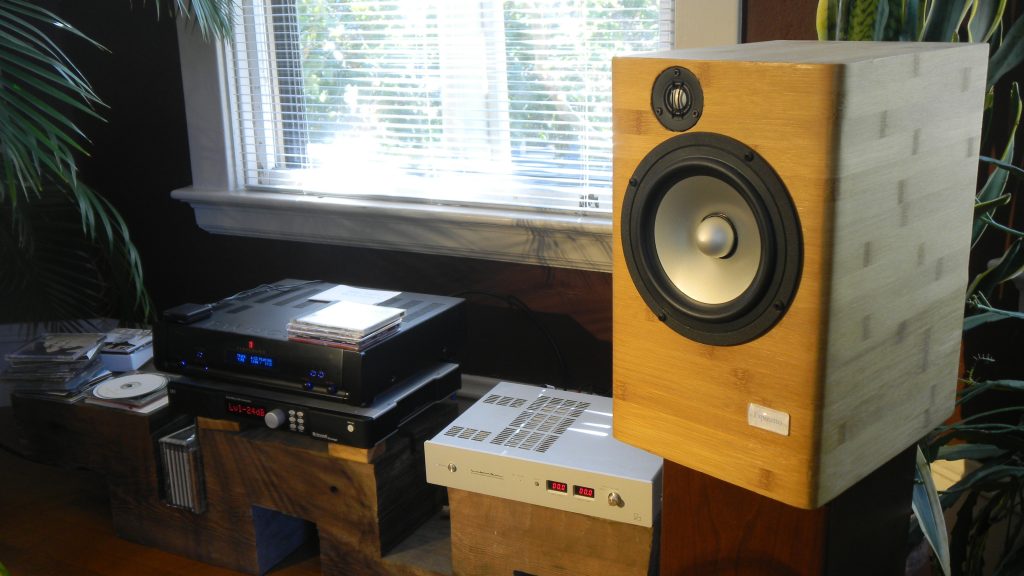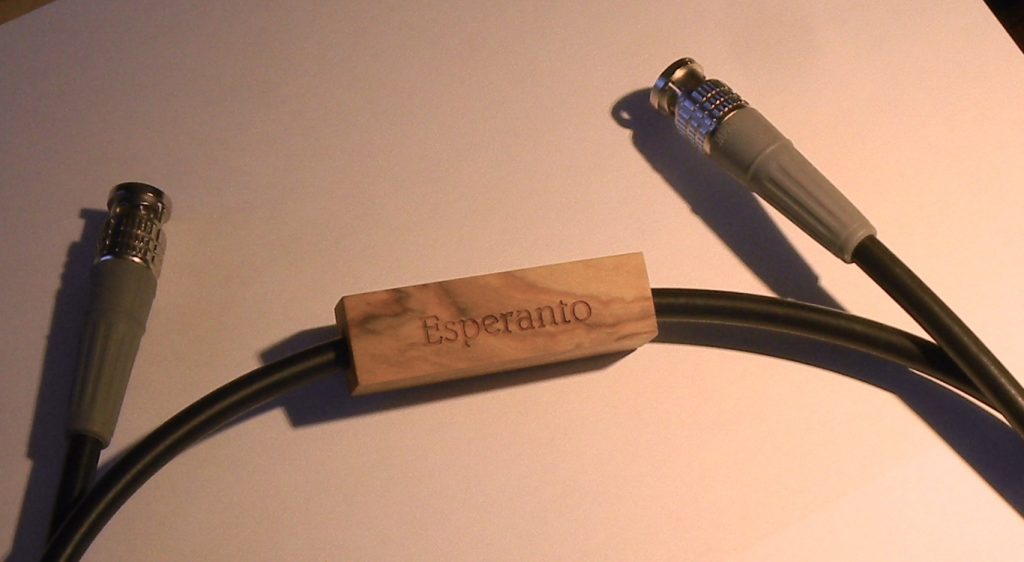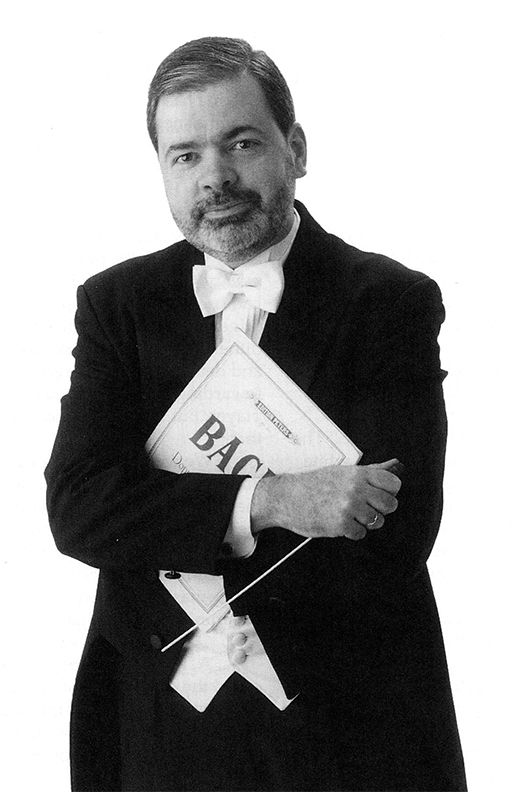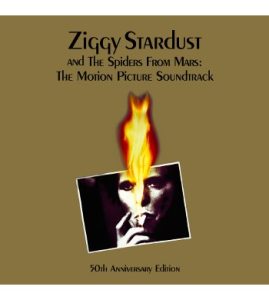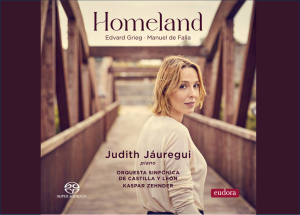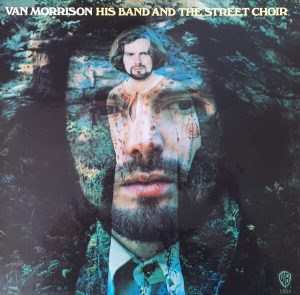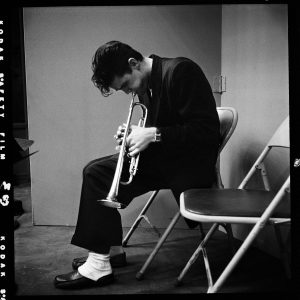John Marks is a lover of fine music videos. In our generation, a major new blessing has been the marriage of high-quality audio with high-quality video to provide us with both the sights and sounds of major performers presenting us with their artistry. It started with videotape and NTSC resolution, but progressed to DVD, and now triumphs with Blu Ray discs and higher resolution audio. John has done a series of reflections of his favorite music videos from his The Tannhauser Gate site (http://www.thetannhausergate.com), which we are now sharing with PF readers via cross-publication here.
As always, John's selections are excellent, and his commentary illuminating. This initial offering of von Otter focuses on her performances of the music of Erich Korngold. The song below, "Marietta's Song," is a truly lovely performance that highlights von Otter's control and feeling for the composer's music.
Treat yourself! Read...and listen!
Dr. David W. Robinson, Ye Olde Editor
I have chosen to kick off my Music-Video series with Anne Sophie von Otter, from her live-in-Paris 2004 DVD Voices of Our Time—a Tribute to Korngold.
The daughter of the Swedish diplomat Baron Göran Fredrik von Otter, Anne Sophie von Otter studied at the Guildhall School of Music and Drama, and made her début as Alcina in Haydn's Orlando paladino in Basel in 1983.
In addition to her notable successes in the oratorio and opera music of Bach, Bartok, Elgar, Handel, Monteverdi, and Mozart, von Otter's art-song repertory encompasses Brahms, Grieg, Korngold, Mahler, and Sibelius. In 1993, her Grieg song-recital CD (with Bengt Forsberg) became the first song recording ever to win Gramophone magazine's "Record of the Year" award. Were that not enough, she has also collaborated with Elvis Costello, and with Brad Mehldau.
Anne Sophie von Otter's Mahler "Ürlicht" (from Des Knaben Wunderhorn) is one of my favorite interpretations. However, I think she outdoes herself here, singing (as the last item in, or an encore to, a live recital program) the tragic "Glück das mir verblieb" ("Marietta's Song") from Erich Korngold's opera Die tote Stadt (The Dead City) (1920).
Richard Strauss, as well as Gustav Mahler, praised Korngold's precocious genius. Korngold composed the opera, his third, at ages 20-23, to a libretto by himself and his father, adopting the 1892 novel Bruges-la-Morte by Georges Rodenbach. Scott Cantrell of The Dallas Morning News claimed, "No opera ever composed has music more gorgeous, more sumptuous, than Erich Wolfgang Korngold's Die tote Stadt."
Speaking of Richard Strauss, Die tote Stadt has some of the fin-de-siècle soundworld of Strauss' über-weird Die Frau ohne Schatten. And as far as plot goes, Die tote Stadt is almost up to the level achieved by Die Frau ohne Schatten on the International Opera Weirdness Scale (IOWS).
Without question, the action of Die tote Stadt is "modern," somewhat hard to take in, and definitely, more than a bit creepy. In the Belgian city of Bruges, a widower named Paul has turned his apartment into a shrine or museum to his late wife Marie's memory. Paul's friend Frank visits, to try to reel Paul back in from the brink, only to learn that Paul had met on the street a dancer named Marietta, who looks exactly like Marie; also, that Marietta is to visit Paul. Much insanity ensues.
I think Die tote Stadt is the first Surrealist opera (in that much of the action that is played out is actually a hallucination or dream of Paul's). However, Alban Berg's Wozzeck is generally regarded as the first "modern" or avant-garde opera because it is atonal; where Die tote Stadt is post-Romantically tonal in the line of Mahler, and of the Schoenberg of Gurrelieder. (The term "Surrealism," by the way, was introduced in 1903, by Guillaume Apollinaire.)
Die tote Stadt was one of opera's sensational hits of the first quarter of the 20th century. Coming as it did after World War I, people were acutely attuned to the toll of loss on love. Interest in Germany was so intense that there were two simultaneous premières—in Hamburg and in Cologne. (The Cologne première was conducted by Otto Klemperer.) Performances were quickly staged around the world, including at the Metropolitan Opera.
All that said, Die tote Stadt is rarely performed today. The Nazis suppressed Korngold's music; the opera vanished from public performance until 1975. Safe in Hollywood, Korngold often quipped that Errol Flynn's lackadaisical work habits saved him from Hitler. Indeed, Robin Hood is perhaps Korngold's most famous Hollywood score. And of course… no Korngold movie music, no Star Wars music. (While that is axiomatic; it is another blog entry.)
The music heard on this YT clip is somewhat a reworking of what happens in the opera. In the opera, once Marietta shows up, Paul predictably goes nuts; but Marietta, perhaps having been "unlucky in love" herself, grabs a conveniently handy lute and begins singing "Happiness, please stay with me" (my translation). Paul joins in for a while, but then creeps her out. Marietta departs. However, accidentally or purposefully, she leaves her umbrella behind (plot-device alert!).
So, to recap: In the opera, the soprano pretends to play a lute as the orchestra accompanies her singing, then the tenor joins in for a duet.
Whereas for the concert performance on this video, the accompaniment is piano-plus-string-quartet, which allows the Hyper-Straussian Overbaked Romanticism of Korngold's score to shine through as it would not with piano only. (Note also the occasional string pizzicati that reflect the lute-miming on stage.) Furthermore, von Otter sings both sets of verses.
In the event, and especially for the last piece on a live program (or an encore), von Otter knocks it out of the park. I love the wry little head-shake and Mona-Lisa smile she gives the first violinist, after it's over. "Whew! We made it!" is what she seems to be saying. And, no question, the camera is loving her.
It just doesn't get any better. Miss von Otter's live-in-Paris DVD is still available new, from the usual sources.




